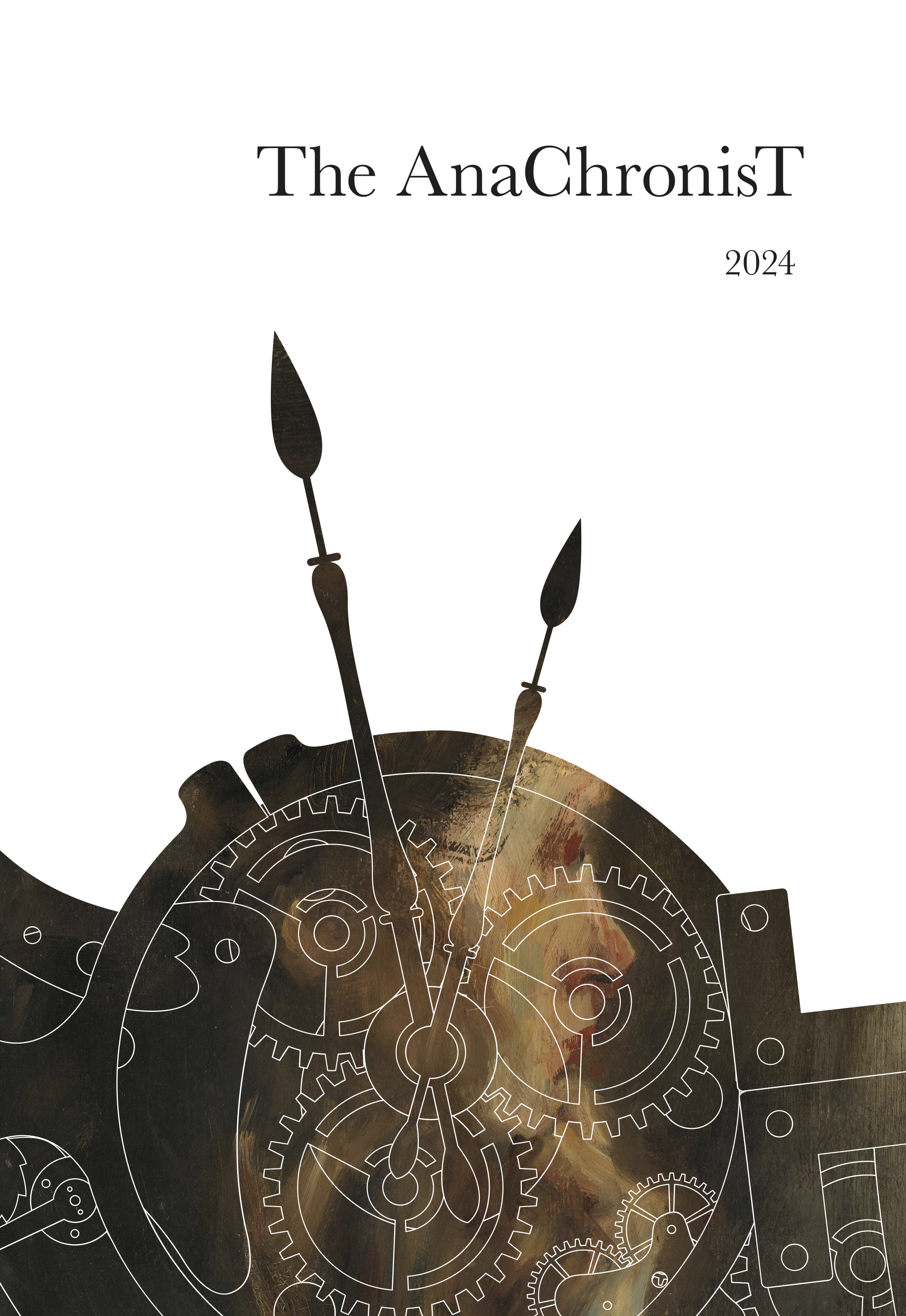Losing Touch
Disembodiment and the Impossibility of Feeling for the "Other" in J. M. Coetzee's Dusklands
DOI:
https://doi.org/10.53720/SEEJ6892Keywords:
disembodiment, vulnerability, violence, dehumanizationAbstract
The paper discusses J. M. Coetzee’s first novel, Dusklands (1974), which comprises two novellas. “The Vietnam Project” is narrated by Eugene Dawn, an American mythographer, who works on a report facilitating psychological warfare in the Vietnam War. The second novella, “The Narrative of Jacobus Coetzee,” tells the story of an eighteenth-century Dutch explorer’s journey and encounter with the Namaqua people in Southern Africa. Following the author Coetzee’s perspective, the paper does not focus on the figure of the oppressed, but on the oppressor instead, and the way he, specifically his relation to his body, is affected by either twentieth-century American imperialism or eighteenth-century colonisation. This paper argues that both Eugene Dawn and Jacobus Coetzee are trapped in their respective vicious dehumanising circle of imperialism/colonialism where they wish to become “disembodied.” In Dusklands, disembodiment appears in the form of fantasies and feverish dreams; nevertheless, it has a sustained effect on the way Dawn and Jacobus interact with others. The paper draws on theories of dehumanisation, Matthew Ratcliffe’s view on the relation of touch and reality, and the concept of vulnerability as investigated by Judith Butler and Adriana Cavarero.

